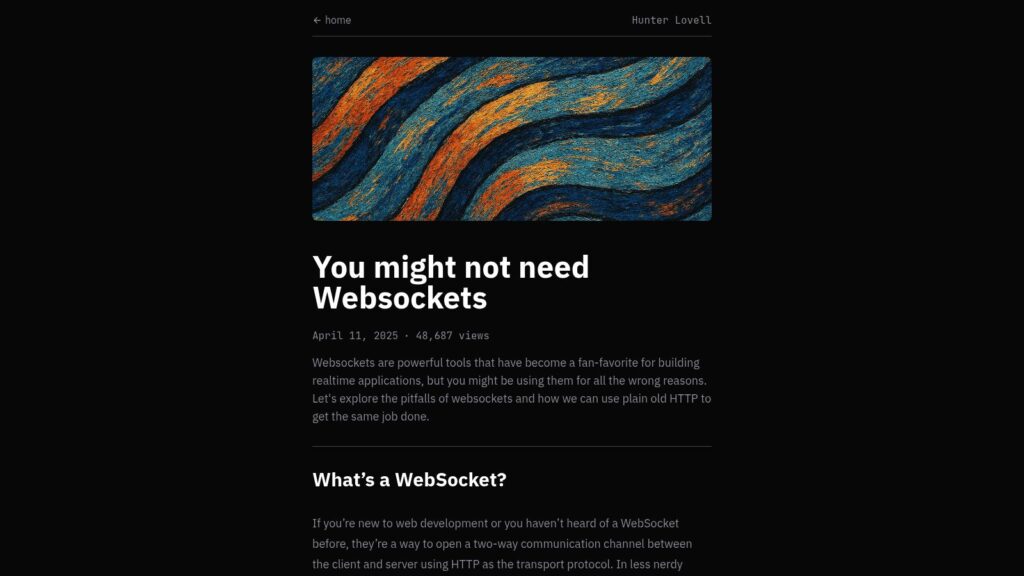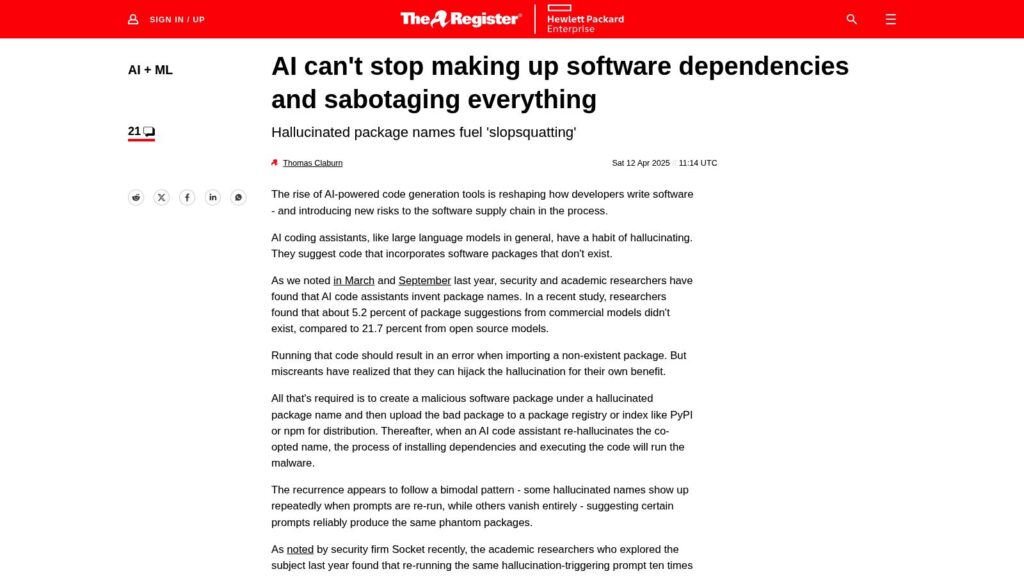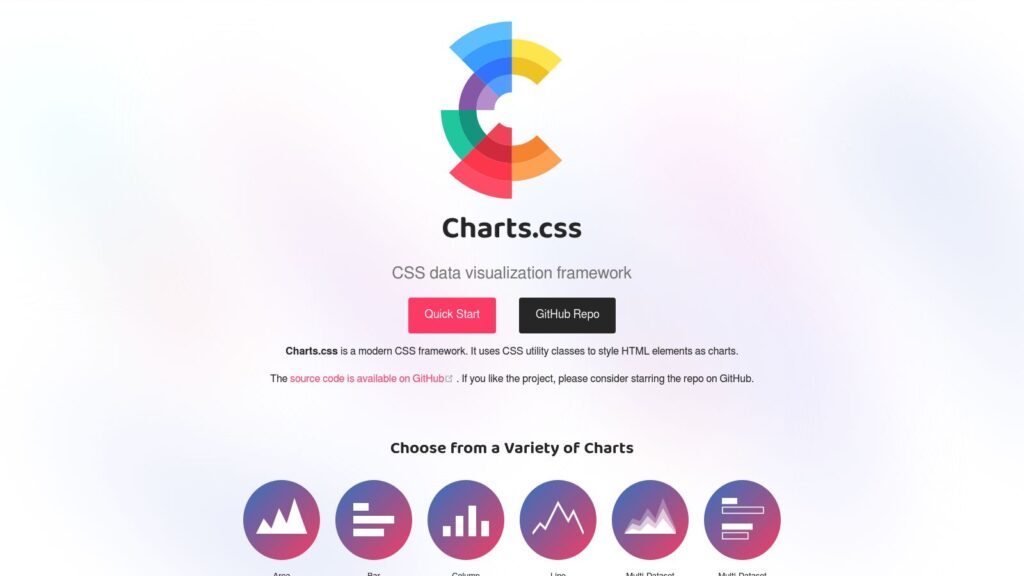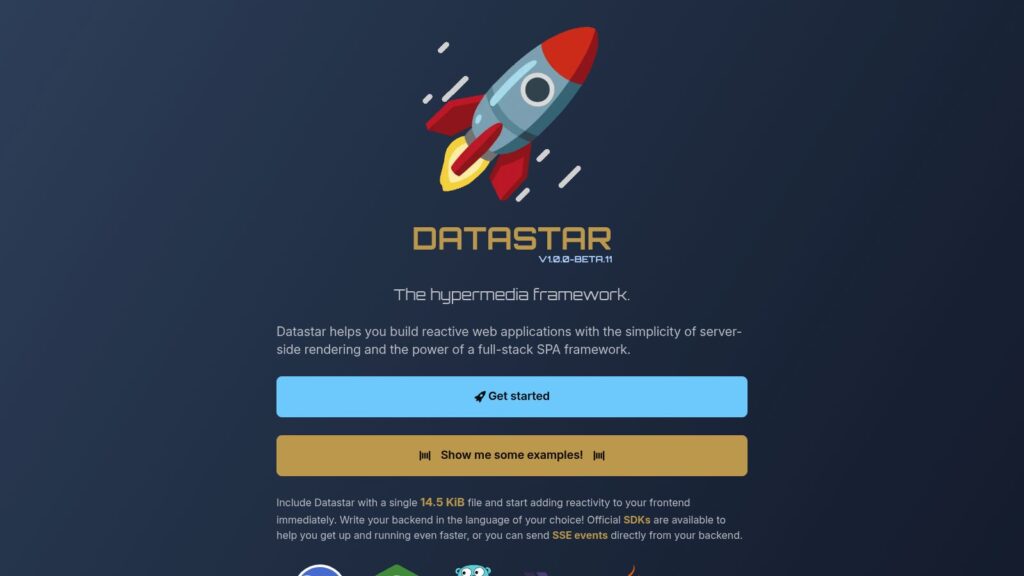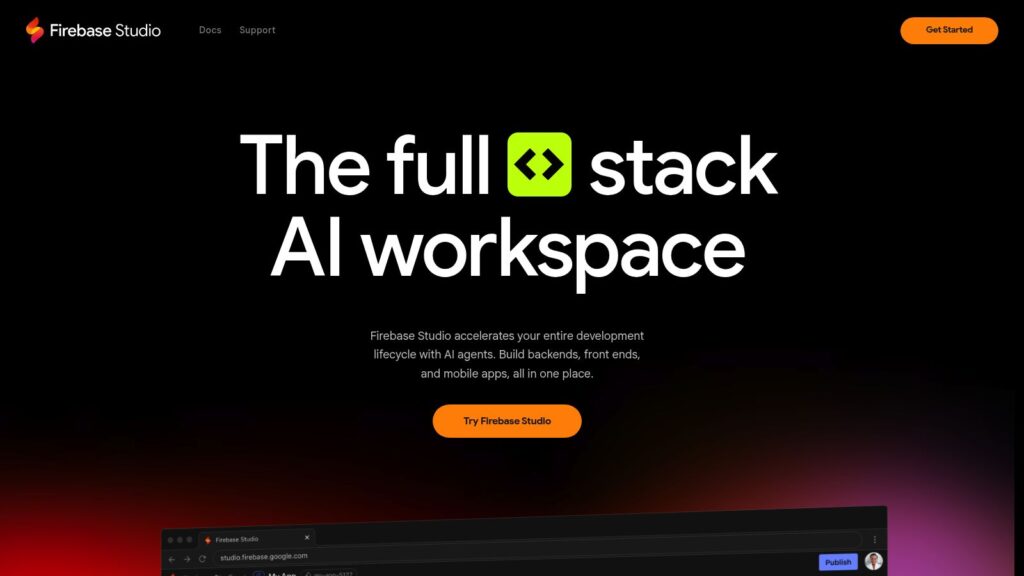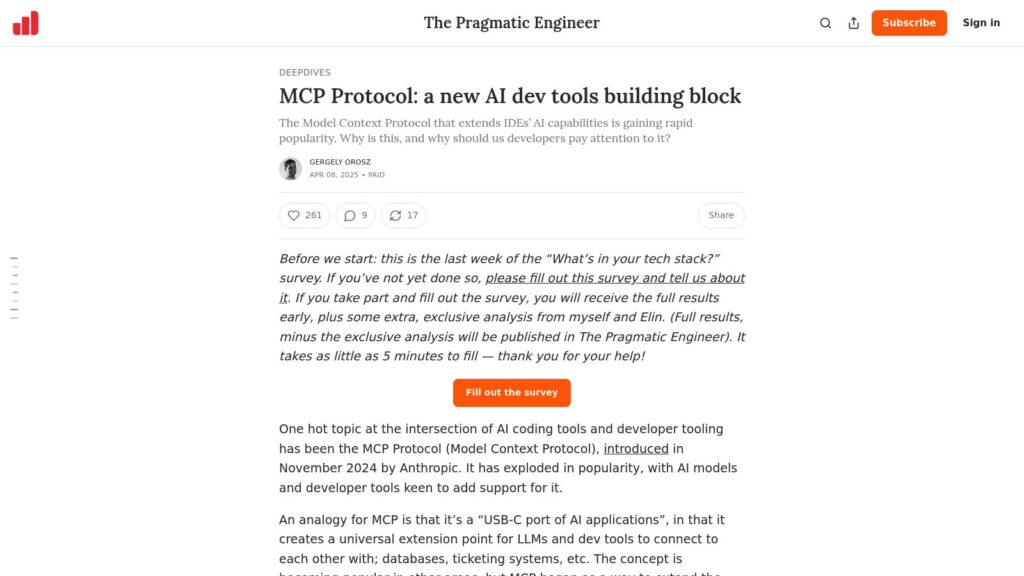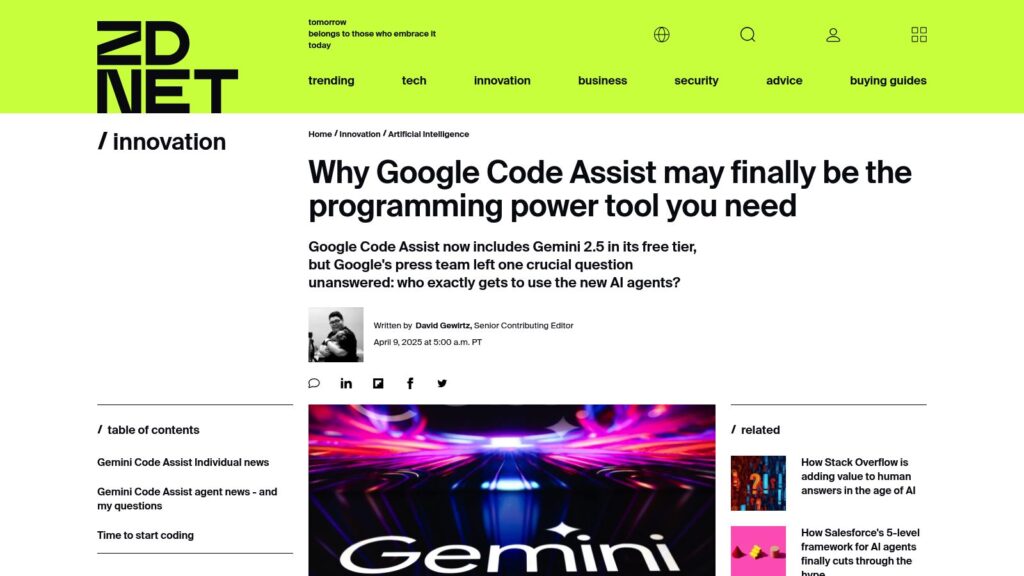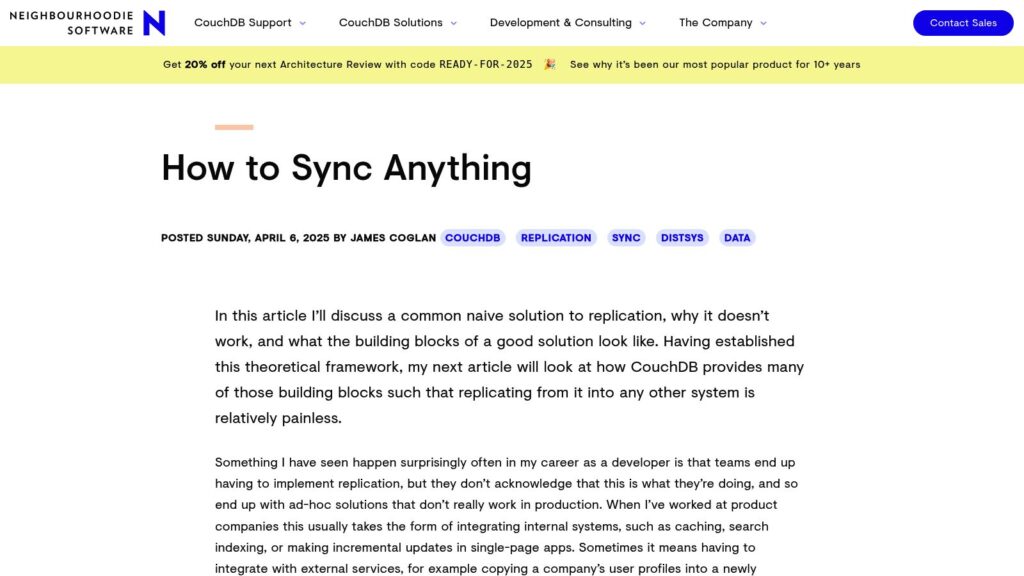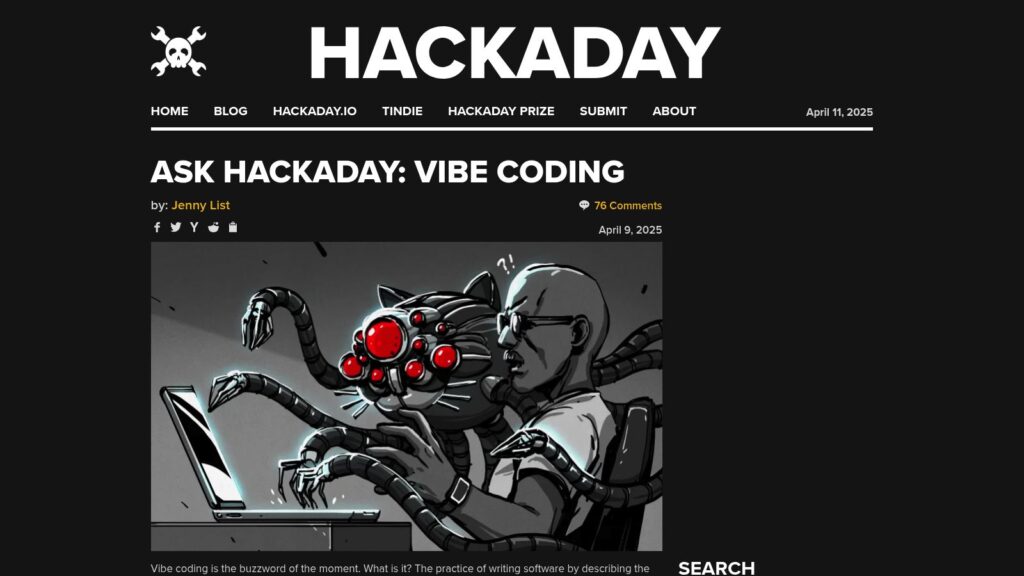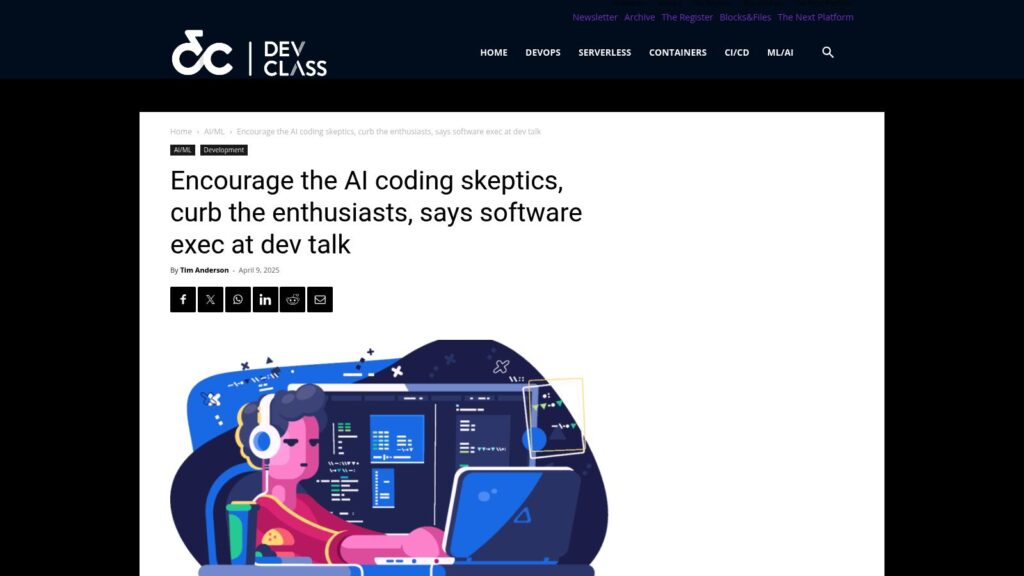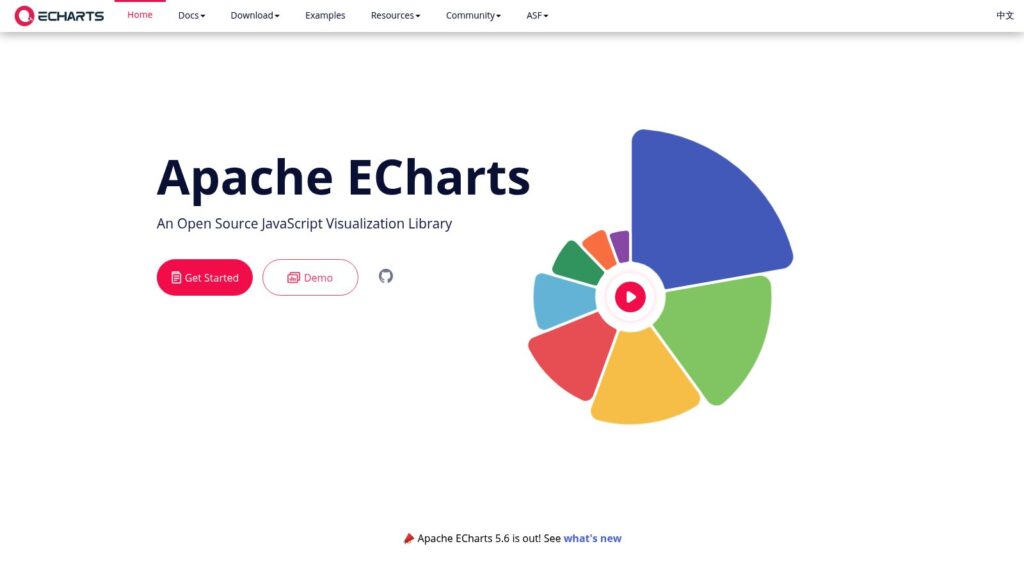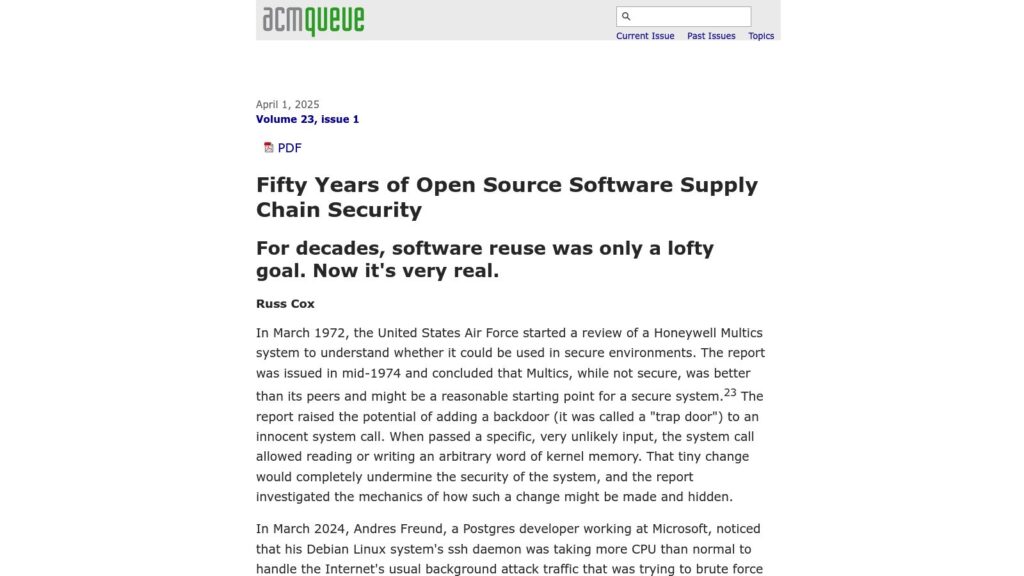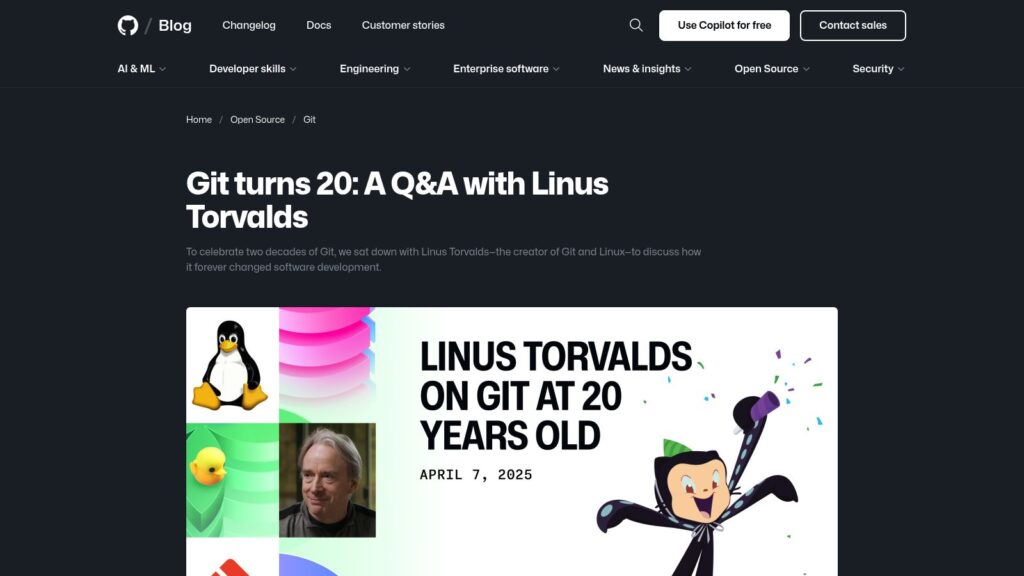You Might Not Need Websockets
Websockets provide two-way communication for real-time apps, but can lead to pitfalls like non-transactional messages, complex lifecycle management, and increased server code complexity. Alternatives like HTTP can effectively serve many use cases, particularly for one-way data streams. HTTP streaming allows real-time updates without the overhead of Websockets. Using libraries like Eventkit simplifies asynchronous data handling while avoiding the complications of Websockets.

